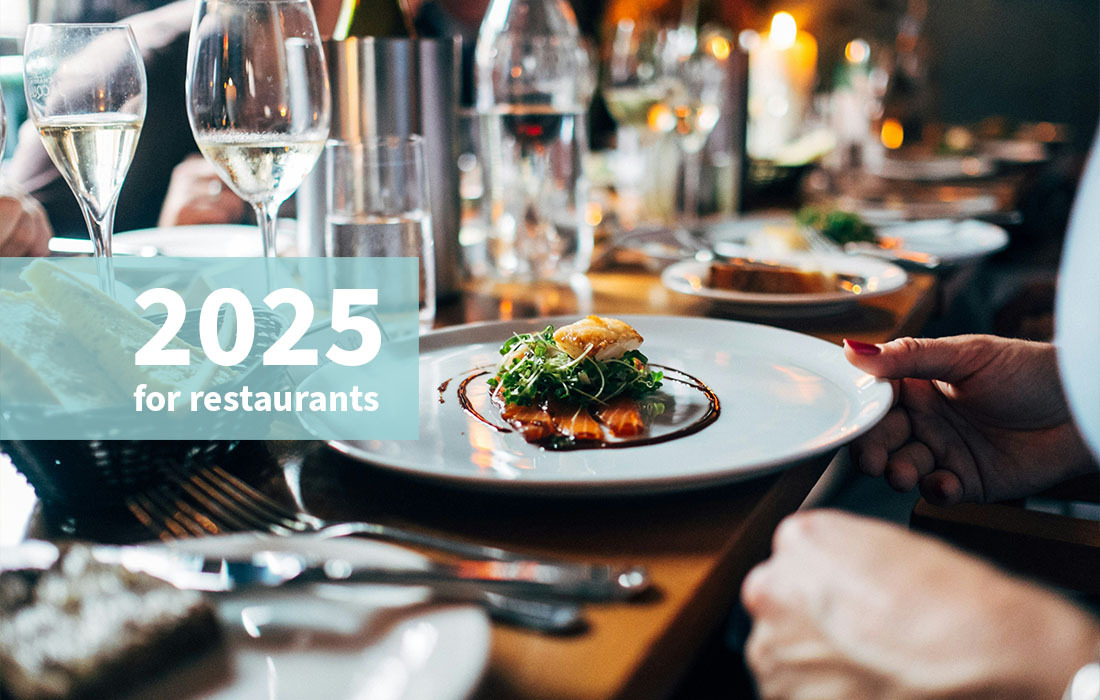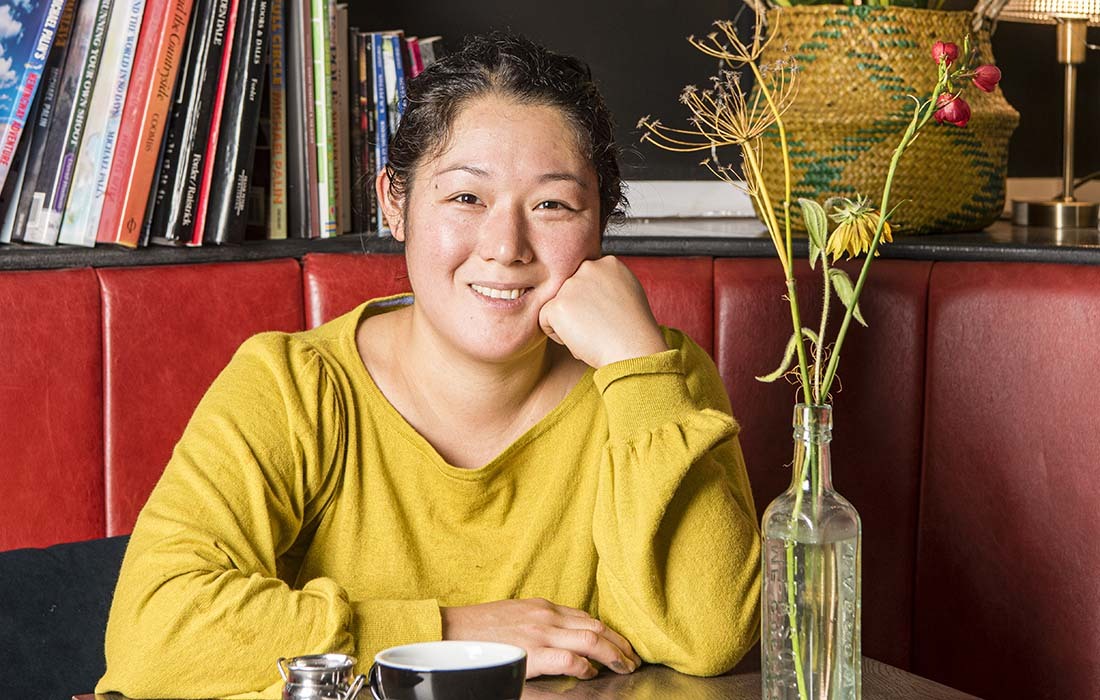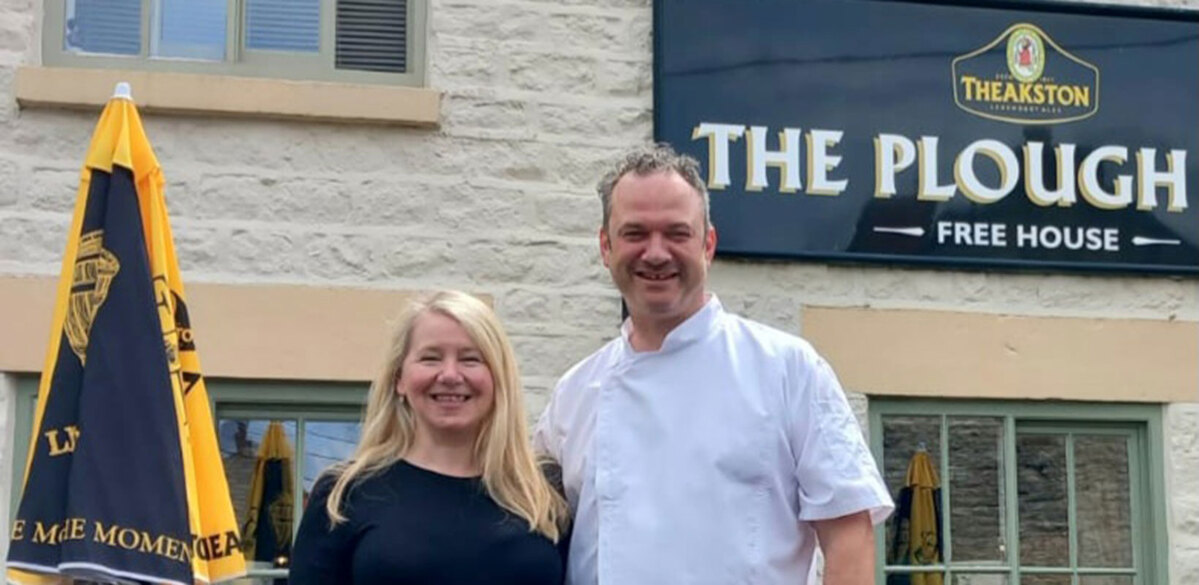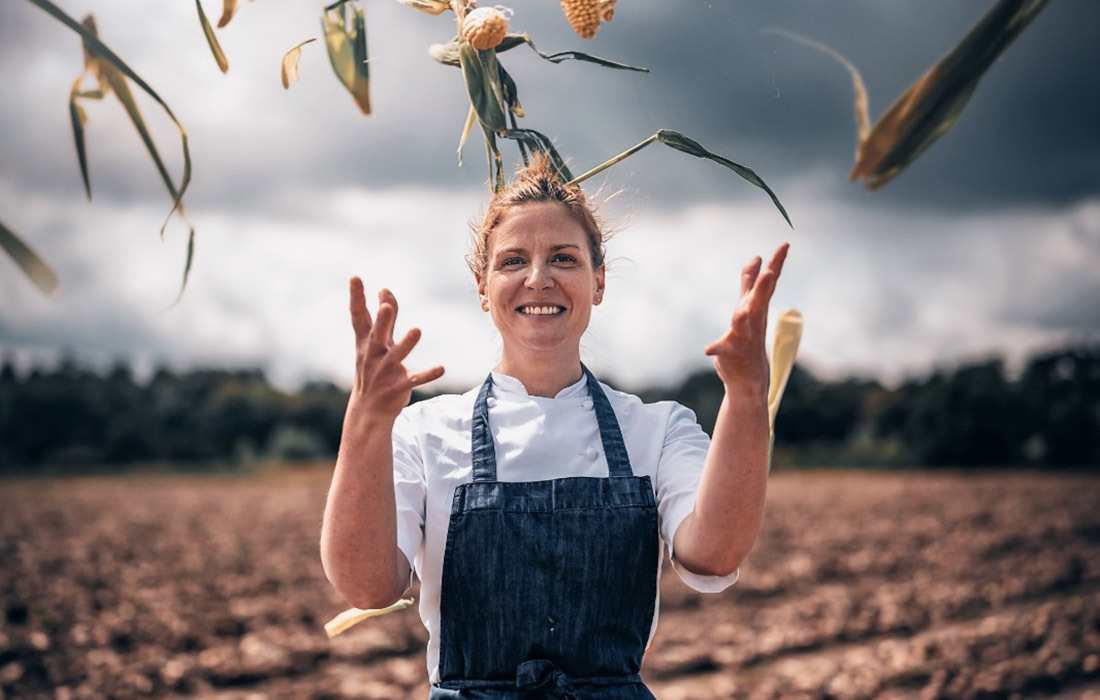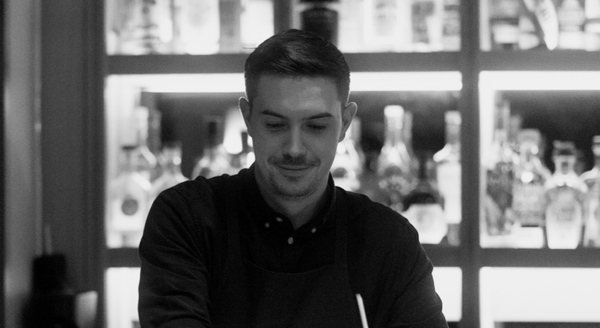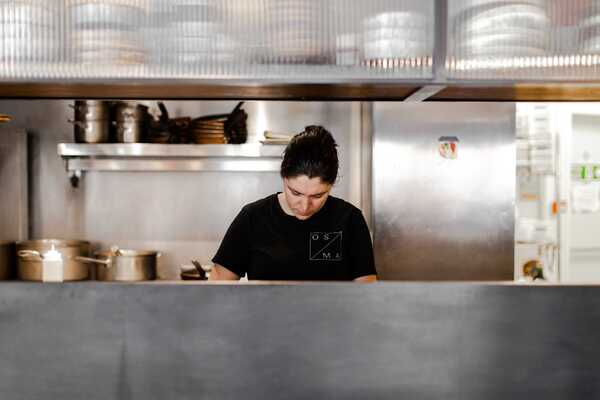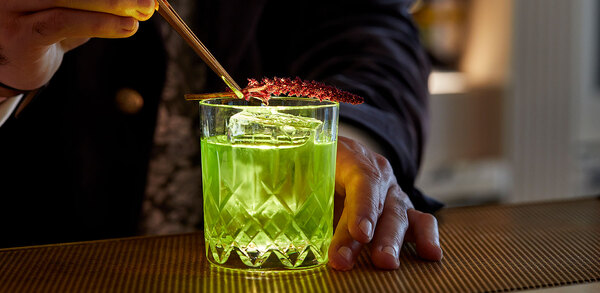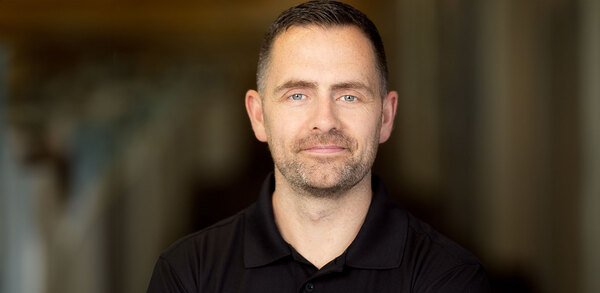Restaurants: What will 2025 hold for the industry?
It’s been a challenging year for the restaurant industry with operators and customers alike both feeling the pressure. But what could 2025 have in store?
We spoke to eight operators to hear their predictions on how dining out might change, how businesses might adapt and what the next 12 months could mean for restaurants across the country.
Smaller menus and more non-alcoholic options
Sian Byerley, co-owner, Restaurant Pine, Northumberland
“This next year is going to be tough. Many businesses are already looking at ways to become more accessible and affordable to coincide with the numerous changes within the industry. I think we can expect to see restaurants outside London start to reduce their prices and menu size.
“There is already a growing trend for non-alcoholic drink options and this is only set to continue. We will see an even greater uptake in non-alcoholic choices when dining.”
The return of more casual dining
Nicola Tickle, co-owner, Heft, Newton, Cumbria
“After the pandemic I think there was a considerable shift to people going out less, but when they did go out they were savouring a luxurious evening with all the bells and whistles – it was a rare treat. As we move into 2025, I think we’re heading back to more casual dining, easy street food, random and unplanned gatherings, and quiet pints in the pub with friends.”
Cheaper cuts on menus
Nina Matsunaga, chef-owner, the Black Bull, Sedbergh
“2025 will see quite a few changes in the industry as costs begin to have even more of an impact on already slim margins. The staffing issue hasn’t gone away, and that coupled with the ever-increasing cost of ingredients is going to continue to have an impact.
“We will, however, see chefs adapt their menus as they further explore cheaper cuts and alternative sources of protein. For my part, I’ve been an advocate for regenerative agriculture for quite a few years now, sourcing pasture-fed cattle, pork, mutton and lamb directly from farmers who specialise in regenerative farming practices.
“I firmly believe there will be a shift towards the use of older cattle and sheep in kitchens, with retired dairy cows and mutton becoming staples. This is better for the environment and the animals in the longer term, as they have had the opportunity to have lived full and natural lives, have been traditionally farmed with less input, and have been raised almost exclusively on a grass-fed diet without the need for feeds or supplements, which in turn produces a much better product.”
Plant-based cooking will go mainstream
Greg Lambert, food director, SIX Rooftop at the Baltic, Newcastle
“Plant-based cooking will continue to trend into 2025, but I believe it will eventually become a lot more mainstream. There are many benefits to this, including health, environmental and economic, but for me, it just encourages more and more creativity for both me and my team of chefs. We put a lot of focus on our plant-based tasting menu and would love to see its sales percentage rise from 15% to 50% over time.”
More closures to come early in the year
Richard Johns, chef-owner, the Plough Inn, Wombleton, York
“2025 will be another tough year for the industry, which is still in a state of post-pandemic recovery, coupled with the ongoing cost of living. Sadly, we are inevitably going to witness more closures in the first two to three quarters of 2025. Hopefully, there will be more positive growth by the middle of 2025.
“Parts of the industry will undoubtedly continue to struggle. High menu pricing will be a particular challenge to some operators, who will need to address the situation and pivot where necessary. As customers become ever more discerning in how and where they spend their disposable income, operators will need to continue offering and revising a positive customer experience.”
Taxes still a pressure on hospitality
Robert Hicks, co-owner, the Dipping Lugger, Ullapool
“I think 2025 is going to be a tricky one, with more pressures on everyone’s wallets and purses for going out, coupled with increased business costs. This won’t be helped by talk of bed taxes in Scotland, which will put even more pressure on the hospitality sector’s already overloaded shoulders and potentially price us out of some visitors’ plans. That being said, people need to escape the day-to-day, so we hope to maintain the business we created this year. If we’re lucky, we might even grow a little…”
More transparency on costs passed on to customers
Stosie Madi, chef patron, Parkers Arms, Newton-In-Bowland, Clitheroe
“Everything we use in hospitality incurs a charge and that charge should be passed on. Most guests have no idea how little the bottom line is and it’s about time they did. Sadly, it will knock the romance out of hospitality and then what do we have – just another business. I wish there was another way, but I think transparency on costs such a credit card fees is the way forward.”
Recognition for holistic operators
Chantelle Nicholson, chef-owner, Apricity, London
“I think 2025 will be yet another challenging year. With the increase in rates and National Insurance Contributions, it’s going to be tough. I’m hopeful that operators who work a bit more holistically will be recognised for the great work they do and are able to remain profitable.”
Getting personal
Laura Bruce and Sanj Sanghera, founders, Doner Shack
“In 2025, the fast-casual sector is set to continue to be driven by groundbreaking innovation and an intensified focus on personalisation. With consumers continuing to demand more unique and memorable dining experiences, brands will shift their strategies to prioritise customisation. This means offering an expanded range of options for customers to tailor their meals according to individual tastes, dietary preferences and lifestyle choices.”
Photo: Jenny Wennington/Unsplash



